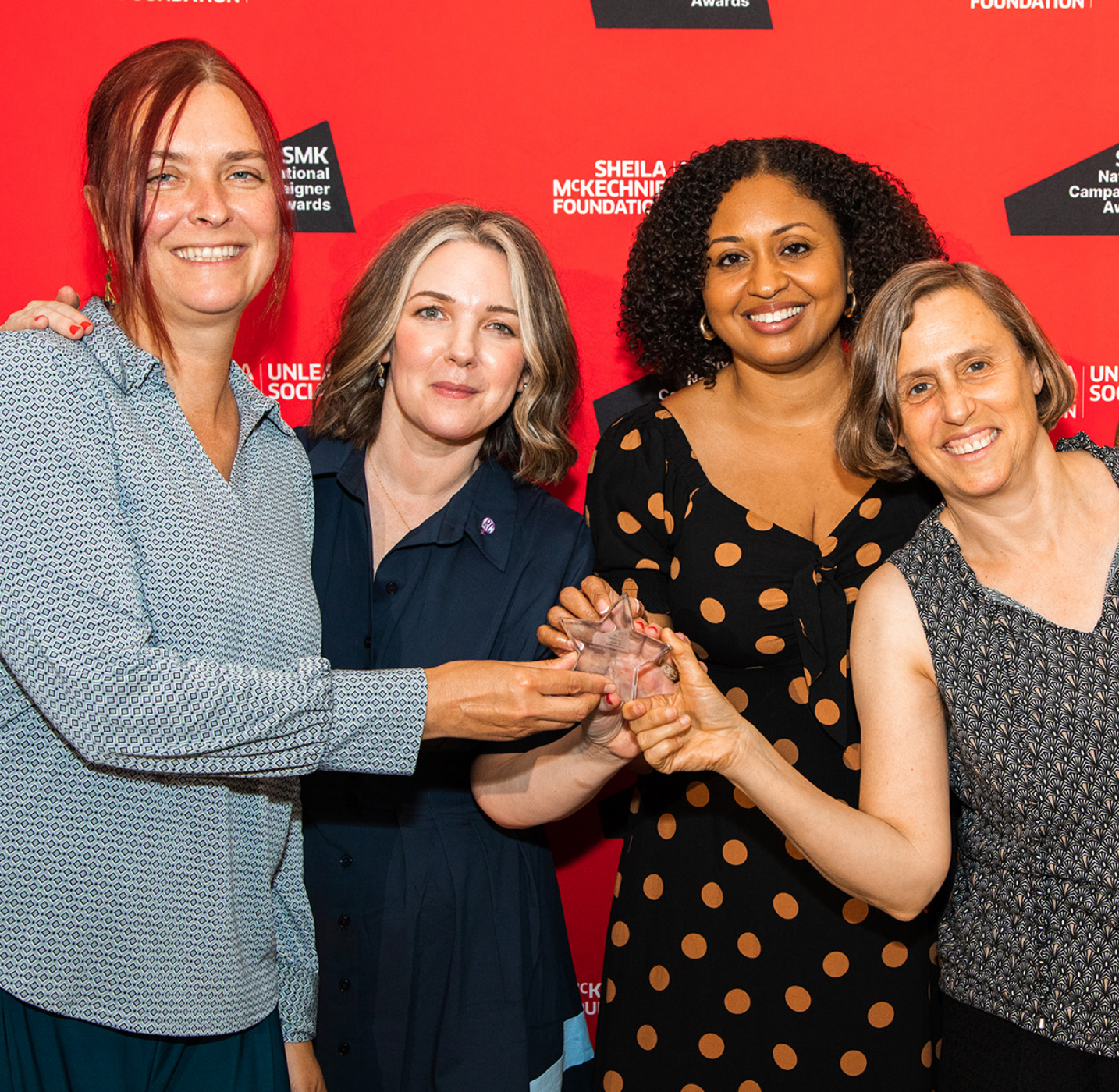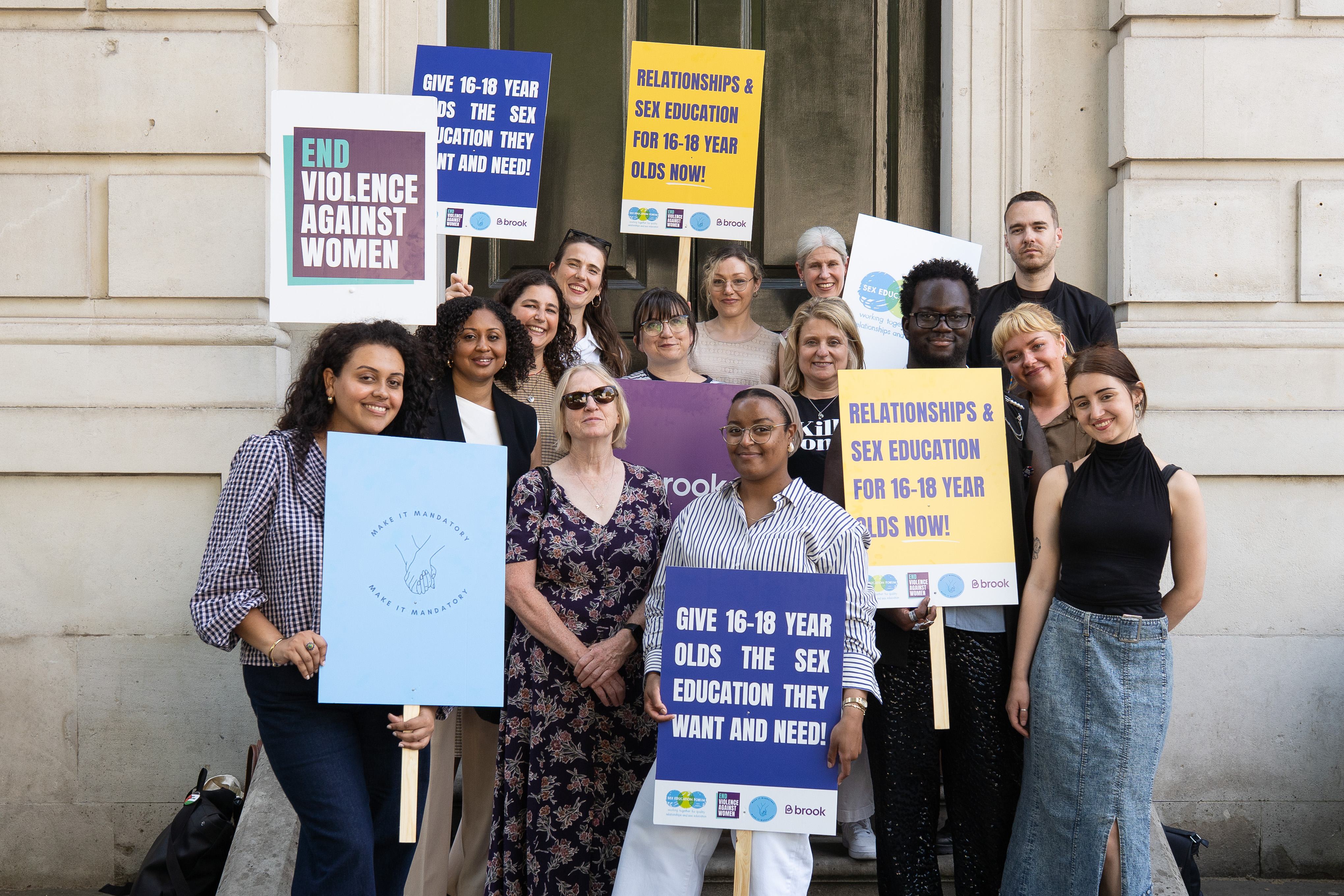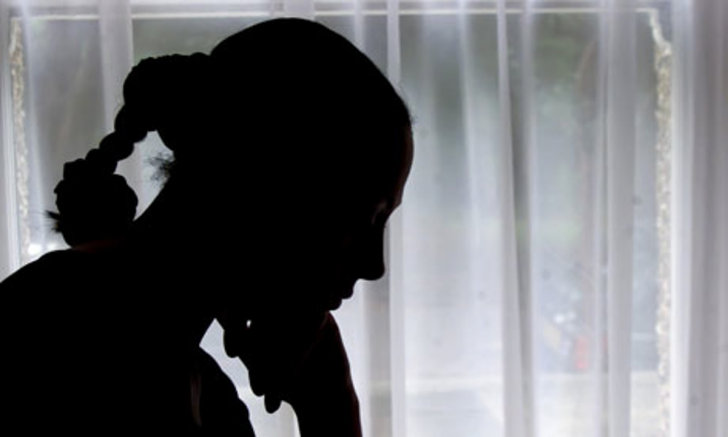 20 Jun
20 Jun
(17 March 2020) A national coalition of women’s organisations, the End Violence Against Women Coalition (EVAW), represented by the Centre for Women’s Justice, was today (17 March) refused permission to bring a full judicial review challenge against the CPS which alleged the CPS had changed its policy and practice on decision-making in rape cases.
The High Court granted an unusual all-morning hearing for the ‘permission decision’ and heard detailed arguments from the women’s pro bono legal team and the CPS defence.
After retiring, late this afternoon the senior judges returned and announced that they are denying permission to proceed further mainly on the grounds that it wasn’t the role of Judicial Review to determine disputed facts. In this case, where 12 volumes of compelling evidence presented by women’s groups was denied by the DPP because of his constitutional role as head of the CPS, they had to defer to his position.
Following the permission decision the CPS’ legal team then made an aggressive request for very high costs recovery from the End Violence Against Women Coalition, a small charity whose funding for the case is known to consist mainly of small donations from women and men concerned about the state of rape prosecutions and including many rape survivors, despite the clear public interest nature of the case.
The case draws on publicly available criminal justice data showing a shocking collapse in the charging rate; last year there were almost 60,000 reports of rape to the police, but less than 1,800 men charged, and less than 1,000 convictions.
Responding outside the court, Centre for Women’s Justice Director Harriet Wistrich said:
“We are hugely disappointed by this result. We may have lost in court today but we believe we have won in the court of public opinion. There is enormous public concern about what is going on with rape investigations and prosecutions, based both on the appalling statistics, evidence of inside whistleblowers and the experience of many women trying to seek justice.
“Ultimately the court was not prepared to deal with a complex factual dispute between our client and the CPS. This is not an end to the case as we will continue to expose the wrongdoing of the CPS which is contributing to the effective decriminalisation of rape. Ultimately our evidence and a lot more information on what is actually happening will come out. We are seeking leave to appeal. We will not stop.”
EVAW Coalition Director Sarah Green said:
“We have no regrets about bringing this case. It was the right thing to do, and it was entirely necessary to challenge our justice system institutions when they are failing to keep women safe and deliver access to justice.
“We have been approached by so many women who have been let down by the CPS as we prepared this case. We know there are really serious problems. But instead of working with us the CPS chose to fight us. It is a long way from the kind of leadership we need in our public institutions.
“We note in today’s judgement the acceptance of the very high level of power the DPP has to make decisions on the direction of travel in key legal areas. The lack of means to scrutinise the DPP needs to be addressed given his power over such an institution. The CPS is arguably failing to keep with the times on expectations for justice after sexual violence. The situation as it is cannot hold, it amounts to the effective decriminalisation of rape.
“We will seek to ensure the ongoing Government Rape Review analyses the evidence we have gathered in this case, and we believe ultimately it will be recognised that this will all be seen a sorry episode in the history of the CPS.”
Background
The CPS and Ministry of Justice’s own figures show that while rapes reported to the police have nearly tripled (up by 173%) between 2014 and 2019, the number of cases charged and sent to court is actually down by 51% across 5 years and is the lowest on record. More here.
The EVAW Coalition strongly believes that a major change in policy and practice has occurred at the CPS, with senior leaders directing prosecution leads to “put a touch on the tiller” and effectively drop weaker cases. Such instruction is very likely to leave prosecutors in local areas with the incentive to second guess what a jury might think and decide not to charge for example in cases where the complainant may be ‘blamed’ for what happened due to prejudice and myths about rape. It is not the job of the prosecution service to second guess jury prejudices; the job is to build the strongest case possible, based on each cases ‘merits’ and with an examination of the giving and seeking of consent.
The hearing comes just after a Guardian investigation dramatically revealed that the CPS concealed a critical internal report from its own inspectorate which was acting on behalf of a cross-government review into rape prosecution problems; this report had found that CPS lawyers have regularly ‘overreached’ and asked police investigators to go back and acquire unnecessary further evidence, which contributed to those cases being left ‘on ice’ and effectively stopped.
Recommended ARTICLES
 20 Jun
20 Jun
 19 Jun
19 Jun
 16 Jun
16 Jun

